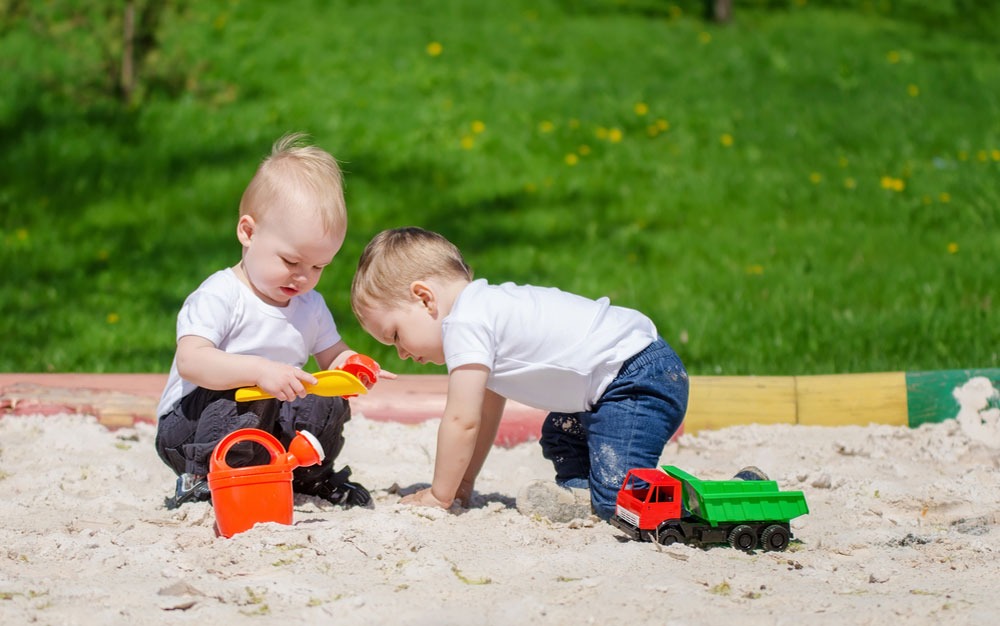If your baby is experiencing any of the symptoms of sensory processing disorder, it’s important to consult a professional for advice. A professional can evaluate the behavior of your baby and determine whether it’s just a phase or requires special attention. Though minor problems with sensory regulation are common in babies, seeking professional advice can help you manage baby sensory in Dubai. Good advice is also helpful in developing the skills that your baby needs to regulate sensory stimuli.
Early sensory experiences
Infants’ interests in different sensory areas differ widely. They respond differently to different stimulations, such as comfort, discomfort, familiarity, and strangeness. Moreover, their attention spans are different, too. This variability makes early sensory experiences for babies even more important.
Introducing new textures
Introducing new textures to your baby at this age will help advance oral motor skills. Although babies may have variable appetites, introducing new textures early will help develop these skills. If your baby is having trouble feeding, you might consider putting the new textures in zip-lock bags or bins. If your baby isn’t interested in textured objects, try introducing them gradually over time. Eventually, you’ll see that introducing new textures will be beneficial for both you and your child.
Introducing new flavors
Introduce new tastes to your baby through sensory play. Including a storybook featuring new flavors will increase your baby’s acceptance of them. When combined with sensory play, the two produce more positive results than each done alone. You can also use sensory play to introduce other types of food, such as bananas or apples. Regardless of your baby’s age, there are plenty of options to try. Try a new flavor every day.
Introducing new sounds
Introducing new sounds to your baby is an excellent way to stimulate his or her sense of hearing. However, you must carefully monitor your baby’s reaction, as too much exposure to new sounds may cause harm. Besides, a new sound might also confuse your baby. To avoid this, you can introduce new sounds slowly, allowing him or her to adjust and adapt to the new sound.
Introducing music
If you want to nurture your child’s holistic development, consider introducing music to your baby’s daily routine. The first few months of life are a time of tremendous growth, development, and change. Music is an essential part of this time, as the very young are fascinated by sounds. Various types of music help babies develop their fine motor skills, senses, and imagination. In addition to this, musical activities encourage a sense of community, encourage bonding, and foster healthy development.



